A sardonic guide to dark academia novels
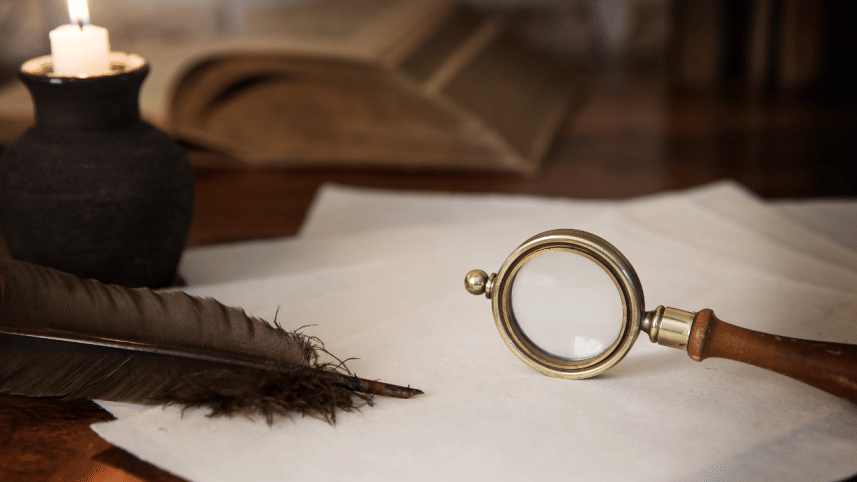
Until my friend inquired if I had read any dark academia novels, I had no clue what the subgenre was. And I was surprised by how quickly this subculture had become a subject of my obsession. Though the basis of dark academia rests in elitism, the genre pushes the boundary and blurs the lines of what's right in pursuing knowledge. These novels compel readers to be more curious and romanticise mundane prospects of life in the most sinister way. For someone who loves lush and descriptive prose, dark academia is timeless to me.
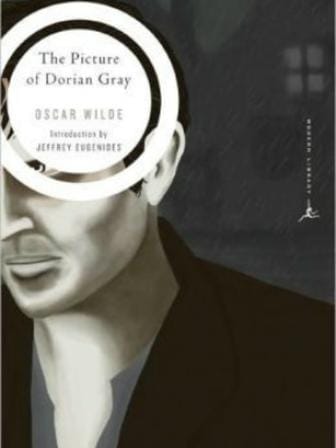
The Picture of Dorian Grey
Oscar Wilde
First published 1980
It is simply astonishing how cynical and indifferent to humanity Wilde's characters are in a societal structure. The Picture of Dorian Grey follows the young and beautiful Dorian Grey as he realises his most singular quality—beauty—is finite. To retain his beauty, he exchanges his soul for his portrait and becomes a shelled creature who can only seek vanity. The exploration of extreme hedonism, the consequences of the Faustian bargain and the nature of sin, of morality and immorality is done with masterful prose. Because of this setting, the book is among the most captivating, poetic, and fascinating pieces of writing I've ever read.
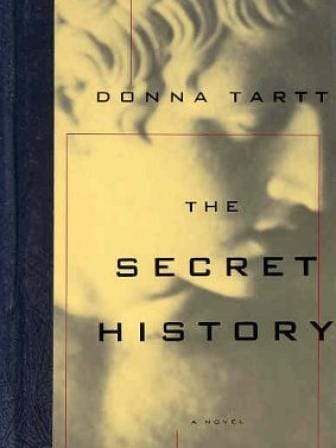
The Secret History
Donna Tartt
Alfred A. Knopf, 1992
The story follows mainly our narrator, Richard, as he looks back on his time in the classics program of a liberal arts college. The reader learns on the first page that Richard and his friends have a killer in their midst. The rest of the book goes on to reveal how they committed this horrifying act and what happened to them thereafter. The author's debut novel consists of all things dark academia—from the characters nonchalantly quoting the classics to committing evil while consumed by their pursuit of knowledge. Tartt's writing casts such a captivating spell that one completely disregards the fact that all of the characters range from morally questionable to just plain evil. Reading this book felt like a modern Greek tragedy, where I was left wanting to toast to living forever.
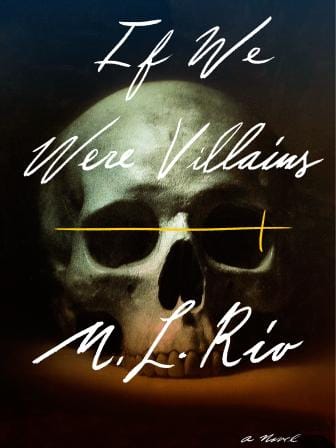
If We Were Villains
ML Rio
Flatiron Books, 2017
After reading If We Were Villains, I spent an hour staring into space, trying to contemplate the majesty of this book. It spins the story of a tightly knit group of seven lyric-mad Shakespearean thespians and a heinous crime that happens in their fourth year of college, leading to the imprisonment of our narrator, Oliver. Upon his release 10 years later, Oliver recounts the whole story to Detective Colborne. Rio makes it hard to not become engrossed in this narrative, to not fall in love with each of these characters, and to resist the alluring pull of a group of friends who have turned each other to ruin. Though a modern day tale, the ending is the most Shakespearean I have ever read.
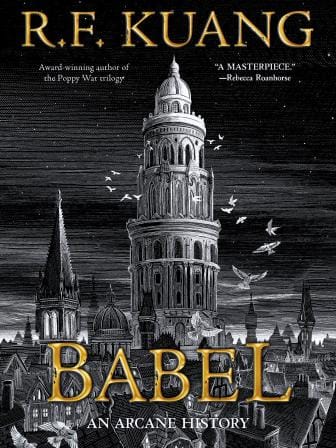
Babel: An Arcane History
RF Kuang
Harper Voyage, 2022
This story is told from the perspective of Robin Swift, a young Chinese boy brought to London by Professor Lovell to prepare for his enrollment in Oxford University's prestigious Royal Institute of Translation, also known as Babel. Babel's research in foreign languages has made the British empire unparalleled in colonial power. Robin views Babel as a utopia dedicated to the pursuit of knowledge, until he realises that he is only helping build the same empire that is destroying his motherland and enslaving his people. The novel follows Robin's grief, rage, dilemma, and struggles as he learns the necessity of violence and resistance in achieving decolonisation. It is impossible not to feel caught up in the webs that Kuang creates: in the thorny tangle of guilt, frustration, and rage, the blurred lines between right and wrong, and fractured loyalties.
Isra Kabir is always over-procrastinating and failing to learn the importance of time management. Reach out to her at israkabir.21@gmail.com.



 For all latest news, follow The Daily Star's Google News channel.
For all latest news, follow The Daily Star's Google News channel. 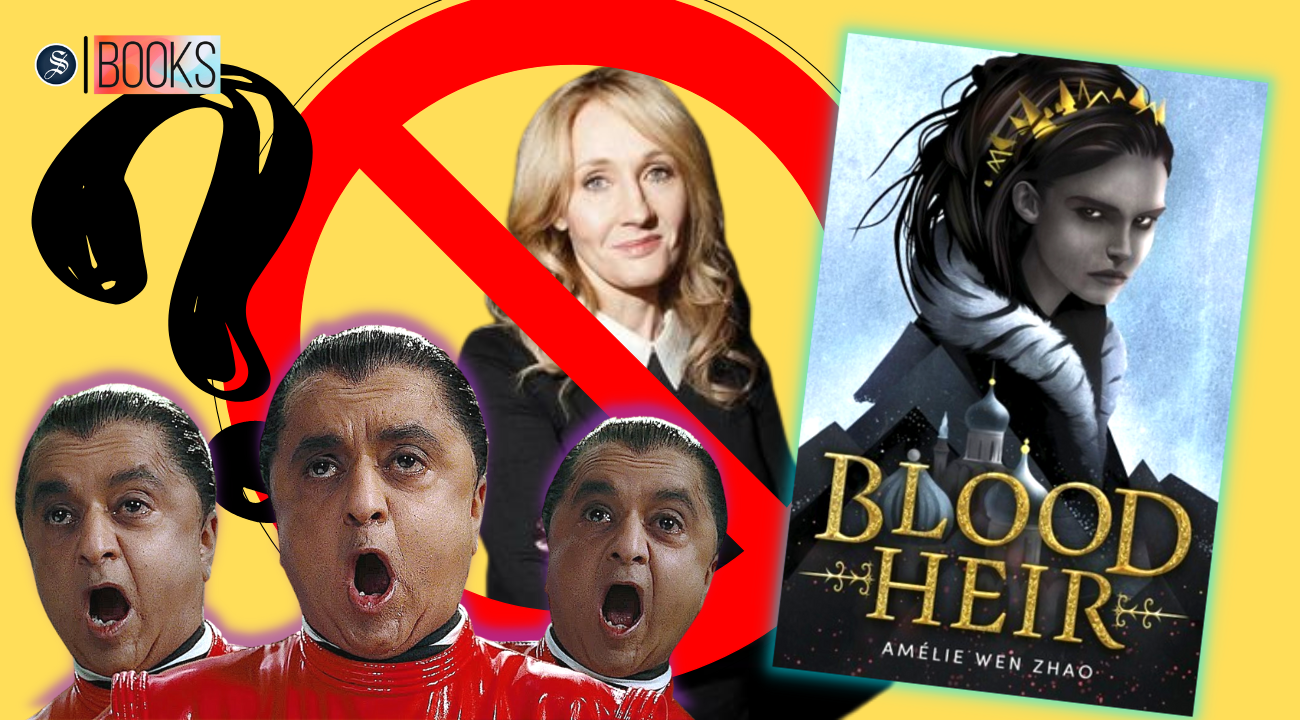
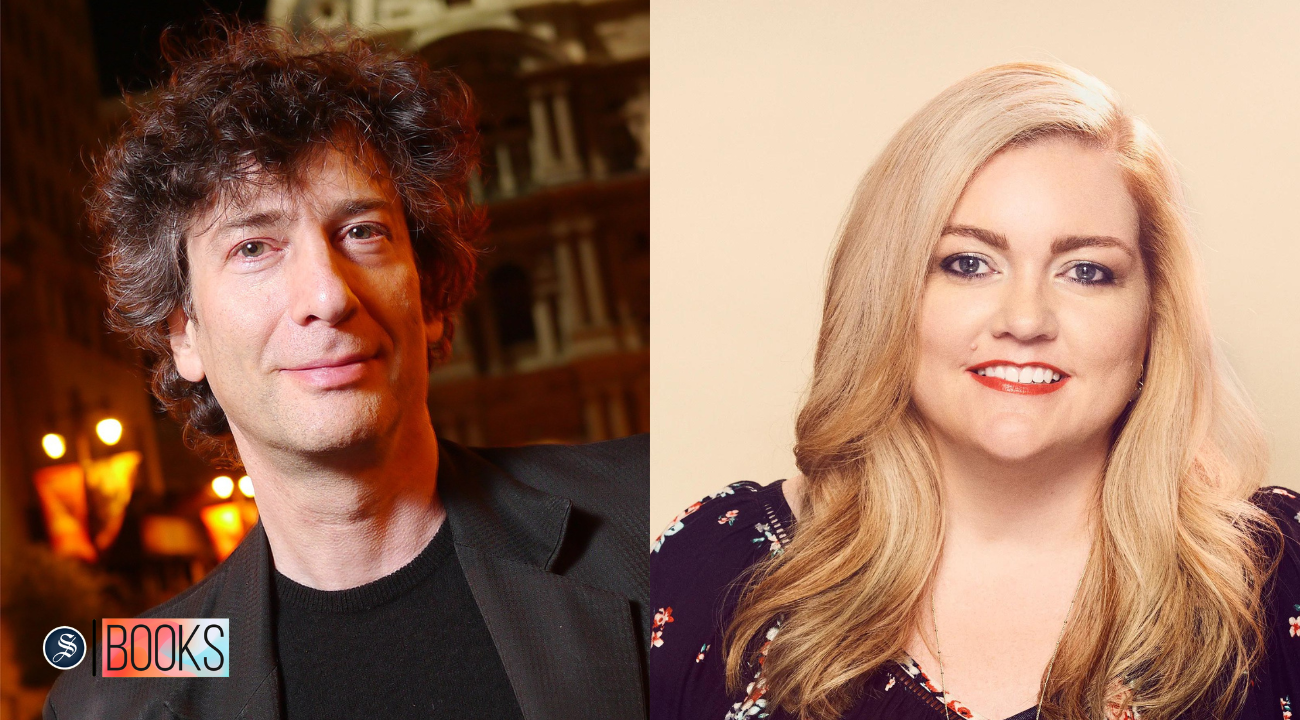
Comments